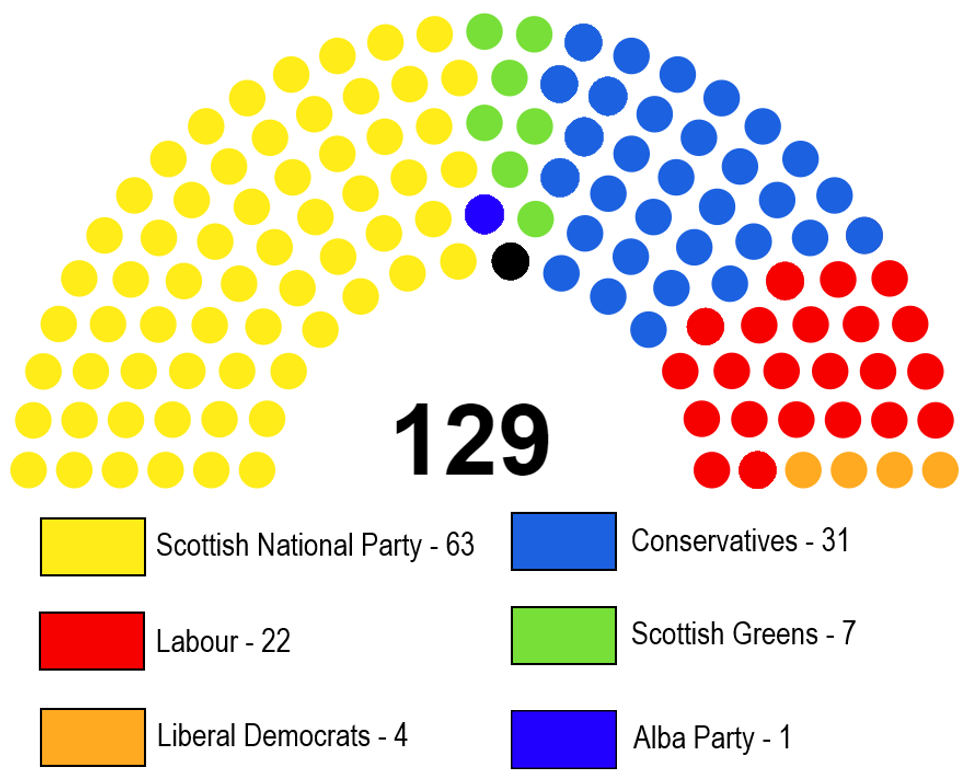-
Policy
Policy
Exclusive interviews with leading policymakers that convey the true policy message that impacts markets.
LATEST FROM POLICY: -
EM Policy
EM Policy
Exclusive interviews with leading policymakers that convey the true policy message that impacts markets.
LATEST FROM EM POLICY: -
G10 Markets
G10 Markets
Real-time insight on key fixed income and fx markets.
Launch MNI PodcastsFixed IncomeFI Markets AnalysisCentral Bank PreviewsFI PiFixed Income Technical AnalysisUS$ Credit Supply PipelineGilt Week AheadGlobal IssuanceEurozoneUKUSDeep DiveGlobal Issuance CalendarsEZ/UK Bond Auction CalendarEZ/UK T-bill Auction CalendarUS Treasury Auction CalendarPolitical RiskMNI Political Risk AnalysisMNI Political Risk - US Daily BriefMNI Political Risk - The week AheadElection Previews -
Emerging Markets
Emerging Markets
Real-time insight of emerging markets in CEMEA, Asia and LatAm region
-
Commodities
-
Credit
Credit
Real time insight of credit markets
-
Data
-
Global Macro
Global Macro
Actionable insight on monetary policy, balance sheet and inflation with focus on global issuance. Analysis on key political risk impacting the global markets.
Global MacroDM Central Bank PreviewsDM Central Bank ReviewsEM Central Bank PreviewsEM Central Bank ReviewsBalance Sheet AnalysisData AnalysisEurozone DataUK DataUS DataAPAC DataInflation InsightEmployment InsightGlobal IssuanceEurozoneUKUSDeep DiveGlobal Issuance Calendars EZ/UK Bond Auction Calendar EZ/UK T-bill Auction Calendar US Treasury Auction Calendar Global Macro Weekly -
About Us
To read the full story
Sign up now for free trial access to this content.
Please enter your details below.
Why MNI
MNI is the leading provider
of intelligence and analysis on the Global Fixed Income, Foreign Exchange and Energy markets. We use an innovative combination of real-time analysis, deep fundamental research and journalism to provide unique and actionable insights for traders and investors. Our "All signal, no noise" approach drives an intelligence service that is succinct and timely, which is highly regarded by our time constrained client base.Our Head Office is in London with offices in Chicago, Washington and Beijing, as well as an on the ground presence in other major financial centres across the world.
Real-time Actionable Insight
Get the latest on Central Bank Policy and FX & FI Markets to help inform both your strategic and tactical decision-making.
Free AccessSNP Loses Majority, Could Lose Power If Greens/Alba Withhold Support
The governing pro-independence Scottish National Party (SNP) has lost its majority in the Scottish Parliament following the collapse of its coalition deal with the left-wing environmentalist Greens. The SNP previously governed in minority from 2007-11 and 2016-21. The collapse of the 'Bute House agreement' betweent the SNP and Greens appears to have come at the behest of First Minister Humza Yousaf. Relations between the two parties became increasingly strained following the scrappingof climate change targets in mid-April.
- The collapse of the agreement could pose risks to gov't stability. Historically, the SNP has relied on the support of the pro-independence Greens to pass legislation when in minority. However, the bad blood between the two sides could stop this.
- The pro-Union Conservatives, Labour, and Liberal Democrats are unlikely to offer any backing to Yousaf's gov't. This leaves just the single pro-independence Alba Party MSP Ash Regan, a former SNP minister who left the party over the Gender Recognition Reform bill in 2022.
- The BBC reports: "In a media huddle earlier, Scottish Greens co-leader Patrick Harvie was asked if the Greens will still be as co-operative with the Scottish government over things like the budget. He replied: “Do you think the current government will still be in place for the next budget?”.
- The next Scottish parl't election is not due until May 2026. However, should the Greens withhold support it could bring down the gov't much sooner. Current polling shows the centre-left pro-Union Labour party challenging the SNP for top spot for the first time since 2007.
Chart 1. Scottish Parliament, Seats
 Source: parliament.scot, MNI. N.b. Black seat is non-aligned Presiding Officer
Source: parliament.scot, MNI. N.b. Black seat is non-aligned Presiding Officer
To read the full story
Sign up now for free trial access to this content.
Please enter your details below.
Why MNI
MNI is the leading provider
of intelligence and analysis on the Global Fixed Income, Foreign Exchange and Energy markets. We use an innovative combination of real-time analysis, deep fundamental research and journalism to provide unique and actionable insights for traders and investors. Our "All signal, no noise" approach drives an intelligence service that is succinct and timely, which is highly regarded by our time constrained client base.Our Head Office is in London with offices in Chicago, Washington and Beijing, as well as an on the ground presence in other major financial centres across the world.
